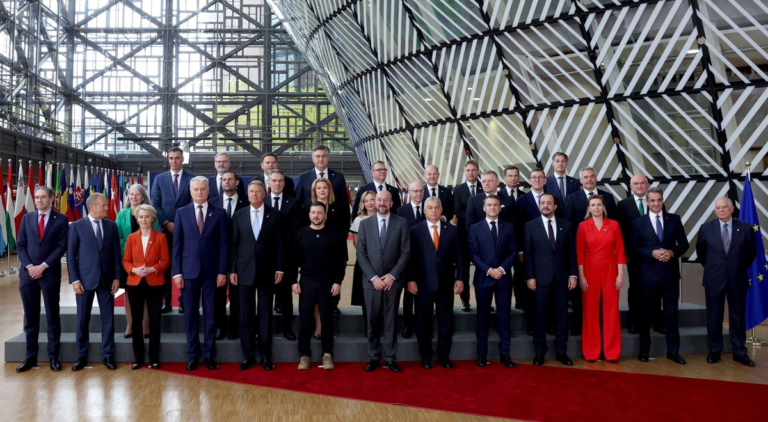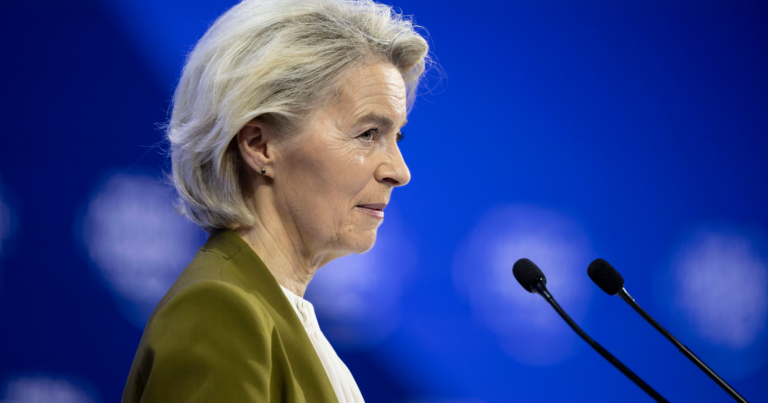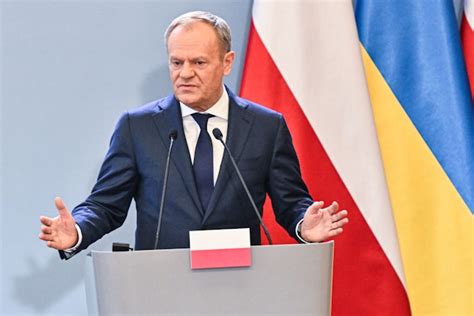
(Polish Prime Minister Donald Tusk) Copyright European Union, 2025.
Polish Prime Minister Donald Tusk has reiterated his opposition to the European Union’s Pact on Migration and Asylum, stating that Poland will not implement aspects of the agreement that introduce migrant quotas. His remarks came during a press conference alongside European Commission President Ursula von der Leyen in Gdańsk.
The Pact, a legally binding framework set to take effect in 2026, aims to create a unified approach to managing migration across the EU. A key feature of the agreement is a “mandatory solidarity” mechanism, which offers member states three options: relocating a share of asylum seekers, making financial contributions, or providing operational support. The EU has set a target of relocating 30,000 asylum seekers annually, with a collective financial contribution of €600 million.
Poland and Hungary have consistently opposed the Pact, particularly the solidarity mechanism, arguing that it imposes obligations against their will. The European Commission has maintained that the system does not enforce mandatory relocations but instead provides flexibility in how member states contribute.
During the press conference, Tusk emphasized Poland’s unique position, citing the large number of Ukrainian refugees the country has taken in since Russia’s invasion. “Poland will not implement the Migration Pact in a way that introduces additional quotas of immigrants,” he stated, adding that the country is willing to cooperate on measures that address illegal migration but will not assume additional burdens.
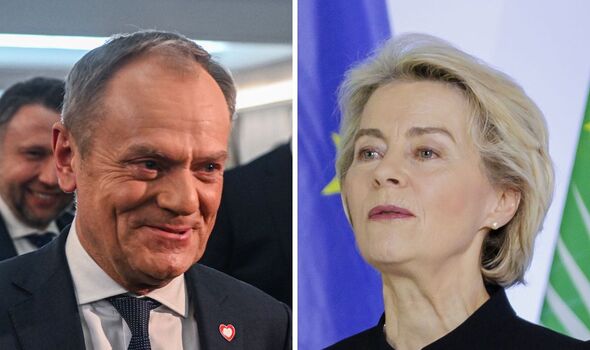
(Donald Tusk issued a stark threat to the European Union over migration) source: (https://www.express.co.uk/news/world/1852064/poland-migrant-plan-european-union-donald-tusk)
Von der Leyen acknowledged Poland’s role in hosting Ukrainian refugees and indicated that the EU would take this into account when assessing the country’s obligations under the Pact. The agreement includes provisions for countries experiencing significant migratory pressure, which could exempt them from certain requirements or provide financial and logistical assistance.
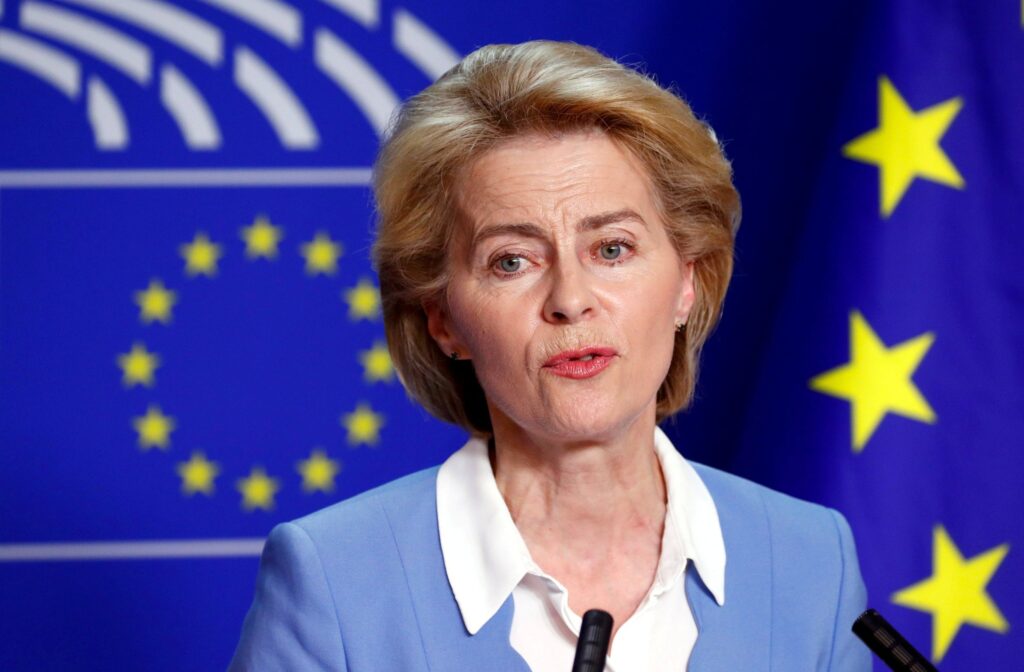
(European Union’s commision President von der Leyen during a speech)
(source:https://www.independent.co.uk/news/uk/politics/politics-explained/ursula-von-der-leyen-eu-commission-president-vote-backing-pass-a9002796.html)
While Poland’s stance challenges the Pact’s implementation, it remains uncertain how the EU will respond. The European Commission has previously indicated that non-compliance could lead to legal action, though von der Leyen did not reinforce this position during her remarks in Gdańsk.
This development comes as Poland holds the rotating presidency of the EU Council under the motto “Security, Europe!” The debate over migration continues to be a key issue within the bloc, reflecting broader discussions on balancing national sovereignty with collective European policy.
